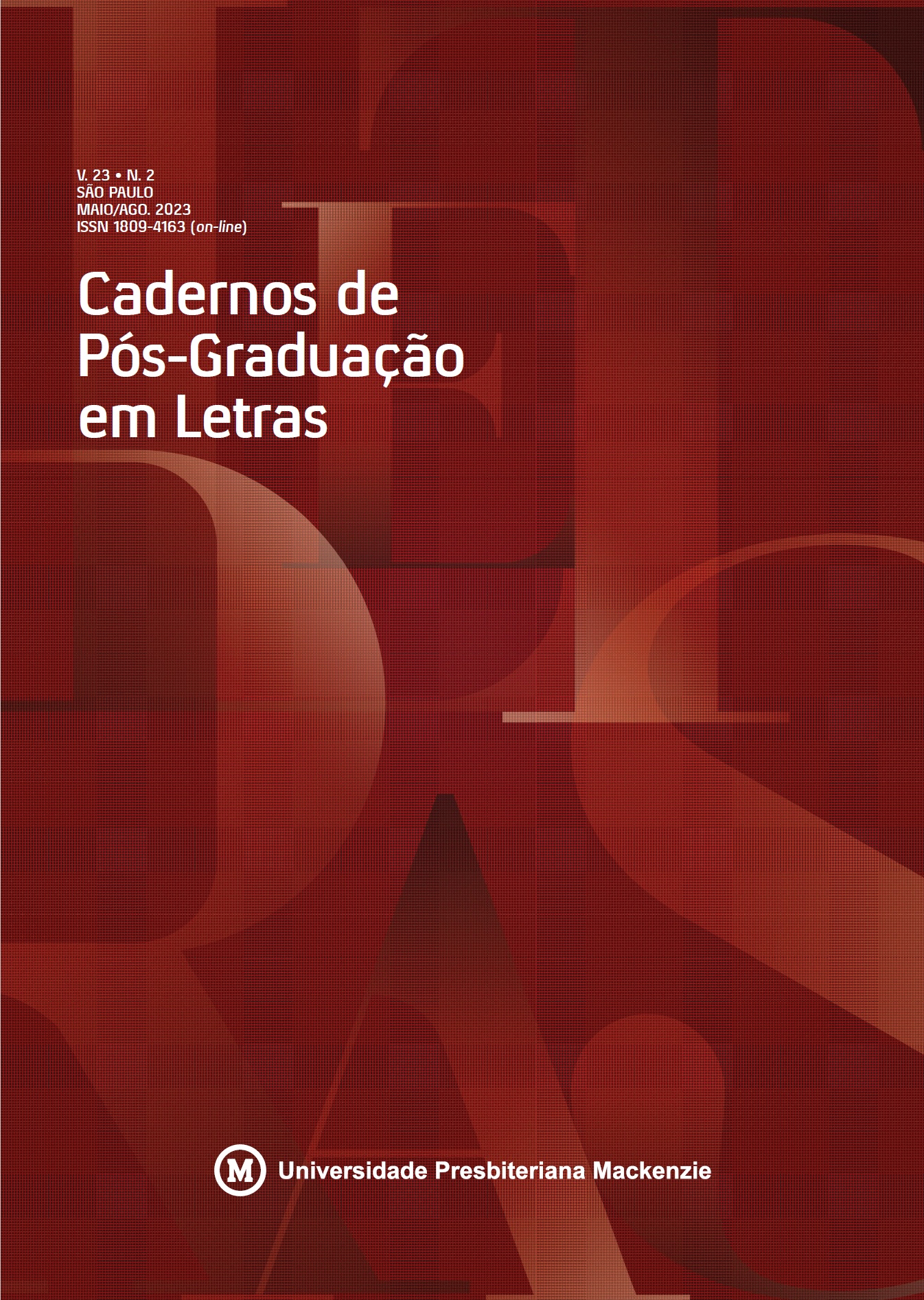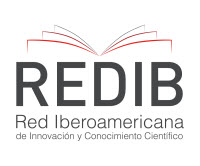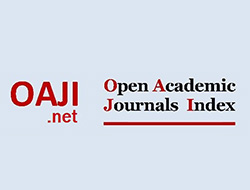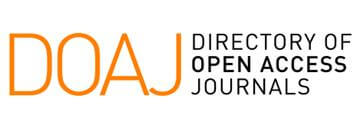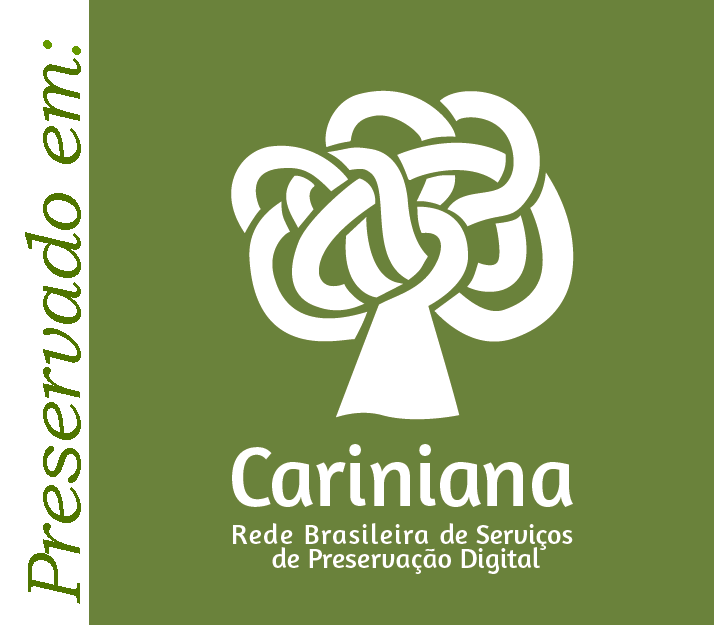Os contos infantis e o letramento literário
intersecções e práticas pedagógicas possíveis no Currículo municipal de São José dos Campos‑SP
Keywords:
Literary literacy; Elementary Education; Children's literature; Reading; Instructional sequence.Abstract
This summary presents a segment of a master's dissertation that investigated proposals for literary reading in the early years of elementary education through the analysis of the Curriculum of São José dos Campos (SÃO JOSÉ DOS CAMPOS, 2021). A gap was identified in the approach to literary reading in the curriculum under investigation. The study analyzed the skills of the 3rd, 4th, and 5th grades in the municipal education network of São José dos Campos, with a focus on the results obtained for the 4th grade. The city has its own curriculum that guides 65 elementary schools, serving 84,992 enrolled students, including 4,087 students in the 4th grade, according to data from IBGE in 2021. Literature, including children's literature, is recognized for its ability to transform and enrich life experiences, considering the unique characteristics of the reader, especially the child (COELHO, 2000). In this sense, an instructional reading sequence was developed based on Lopes-Rossi's proposal (2022). The study adopted a qualitative approach and relied on document analysis, seeking to
describe, understand, and explain the data within a reference context, following the perspective of Minayo and Sanches (1993, p. 246). Primary data were extracted from the Curriculum of São José dos Campos (SÃO JOSÉ DOS CAMPOS, 2021), characterizing the research as documentary (GODOY, 1995). The theoretical framework was based on the enunciative-discursive conception of language proposed by the Bakhtin Circle, the sociocognitive approach to reading, literary literacy, and multiliteracies. This research is relevant to consider strategies and actions that promote the development of literary readers in the early years of schooling, stimulating critical thinking, citizenship, and human development throughout life.
Downloads
References
COELHO, N. N. Literatura infantil: teoria, análise, didática. São Paulo: Moderna, 2000.
CUNHA, M. A. A. Literatura Infantil: Teoria e Prática. 11 ed. São Paulo: Ática, 1991
FARIA, Maria A. Como usar a literatura infantil na sala de aula. 5. ed. São Paulo: Contexto, 2010.
GODOY, A. S. Introdução à pesquisa qualitativa e suas possibilidades. Revista de Administração de Empresas, São Paulo, v. 35, n. 2, p. 57-63 mar./abr. 1995a. Disponível em: https://www.scielo.br/scielo.php?script=sci_arttext&pid=S0034-75901995000200008&lng=en&nrm=iso. Acesso em: 11 jun. 2020.
KRATHWOHL, David R. A Revision of Bloom's Taxonomy: An Overview. Theory into Practice, v. 41, n. 4, Aut, 2002. Disponível em: https://www.depauw.edu/files/resources/krathwohl.pdf . Acesso: 02 set. 2022.
LOPES-ROSSI, M. A. G. Sequência didática de leitura de gêneros discursivos como uma possibilidade prática na Pedagogia dos Multiletramentos. In: BUNZEN, C. (org.). Pedagogização dos gêneros no contexto brasileiro: críticas, possibilidades e desafios. Recife: Pipa Comunicação, 2021a. p. 213-265. Disponível em: http://www.pipacomunica.com.br.
LOPES-ROSSI, M. A. G. Práticas de leitura em Língua Portuguesa a partir da BNCC: em que se fundamentam e como realizá-las em sala de aula? Linha D’Água: São Paulo, v. 34, n. 03, p. 5-26, set.-dez. 2021b. Disponível em: http://dx.doi.org/10.11606/issn.2236-4242.v34i3p5-26. Acesso: 03 fev. 2022.
LOPES-ROSSI, M. A. G.; RENDA, V. L. B. S. Sequência didática para leitura de poema como contribuição ao ensino de Língua Portuguesa. Diálogo das Letras, v. 6, p. 287-303, 2017. DisponíveL em: http://periodicos.uern.br/index.php/dialogodasletras/. Acesso: 03 fev. 2022.
MICHELLI, Regina. Contos fantásticos e maravilhosos. In: GREGORIN FILHO, José N. (org.). Literatura infantil em gêneros. São Paulo: Mundo Mirim, 2012. p. 26-56.
MINAYO, M. C. de S.; SANCHES, O. Quantitativo-qualitativo: Oposição ou Complementaridade? Cadernos de Saúde Pública, Rio de Janeiro, n. 9, v. 3, p. 239-262, jul./set. 1993.
ROCHA, R. Uma história de rabos presos. Rio de Janeiro: Salamandra, 1989.
SÃO JOSÉ DOS CAMPOS. Secretaria de Educação e Cidadania Currículo de Língua Portuguesa. São José dos Campos: Secretaria de Educação e Cidadania, 2021.
SOUZA, R. J.; COSSON, R. Letramento Literário: Uma proposta para sala de aula. 2011.Disponível em: https://acervodigital.unesp.br/bitstream/123456789/40143/1/01d16t08.pdf, Acesso em: 20 ago. 2022.
TODOROV, T. As estruturas narrativas. Tradução de Leyla Perrone-Moisés. 4.ed. São Paulo: Perspectivas, 2006
VOLÓCHINOV, V. Marxismo e filosofia da linguagem. Problemas fundamentais do método sociológico na ciência da linguagem. São Paulo: Editora 34, 2017.
ZAPPONE M. H. Y.; NASCIMENTO, S. B. Letramento ficcional e letramento literário:
reflexões sobre usos de textos ficcionais a partir dos estudos de letramento. Veredas: Revista Internacional de Lusitanistas, n.32. p.165-188, jul./dez. 2019.
Downloads
Published
How to Cite
Issue
Section
License
Copyright (c) 2023 Yasmin Cristine Santos Renó Faria

This work is licensed under a Creative Commons Attribution 4.0 International License.
The copyright of the articles published in Cadernos de Pós-Graduação em Letras belongs to the authors, who grant the Mackenzie Presbyterian University the exclusive rights to publish the content. Total or partial reproduction is prohibited without due authorization from the Editorial Committee, except for study and research.

